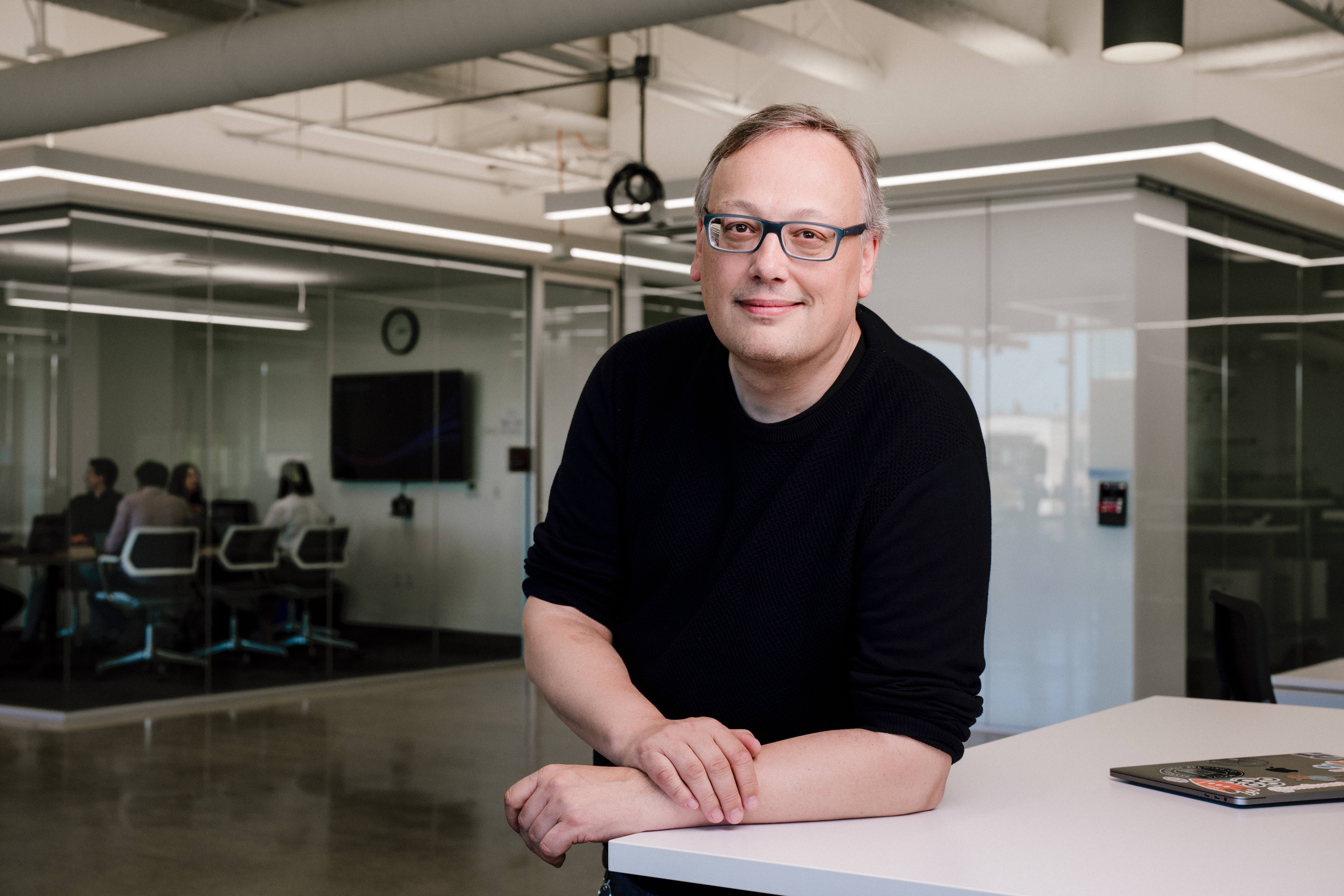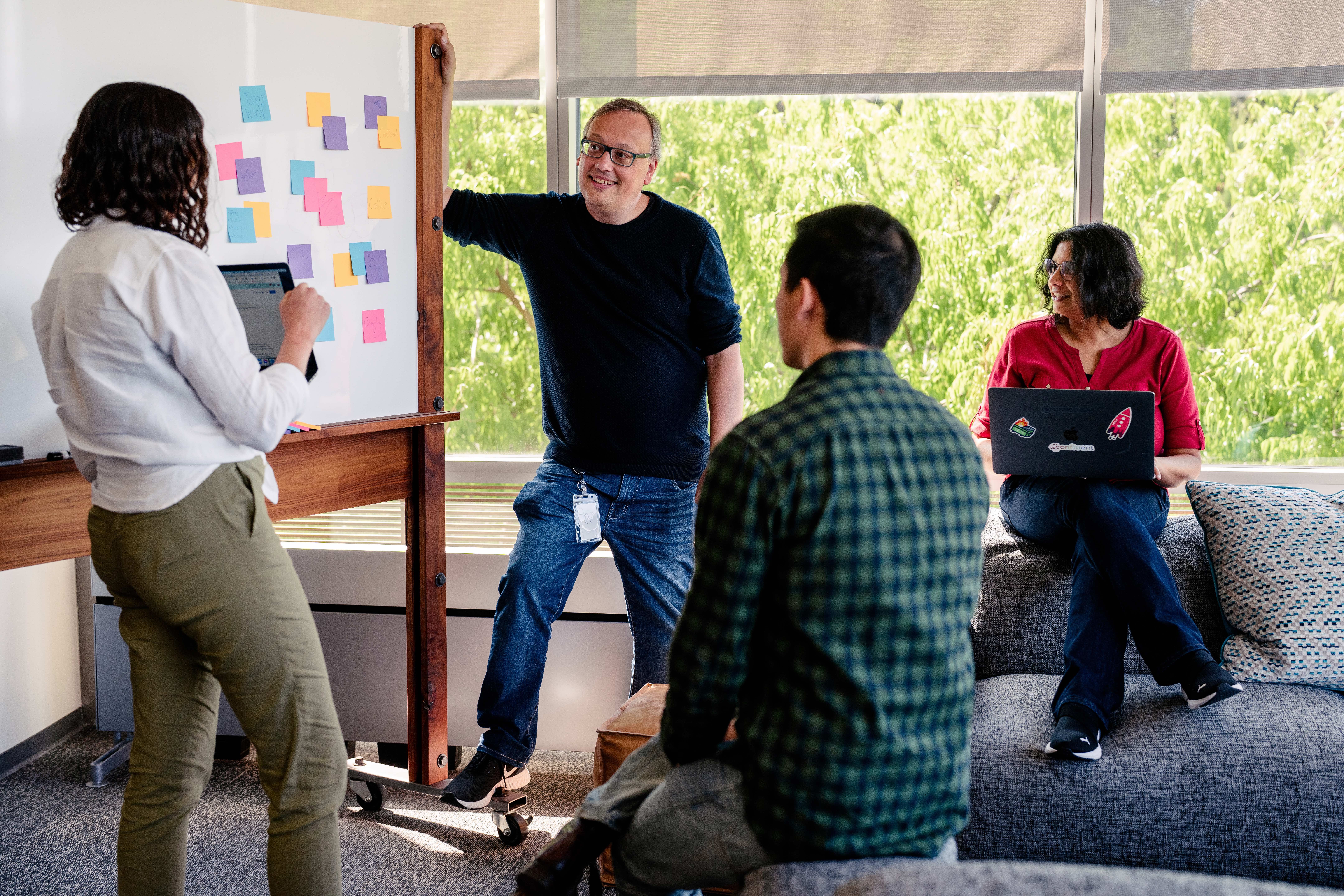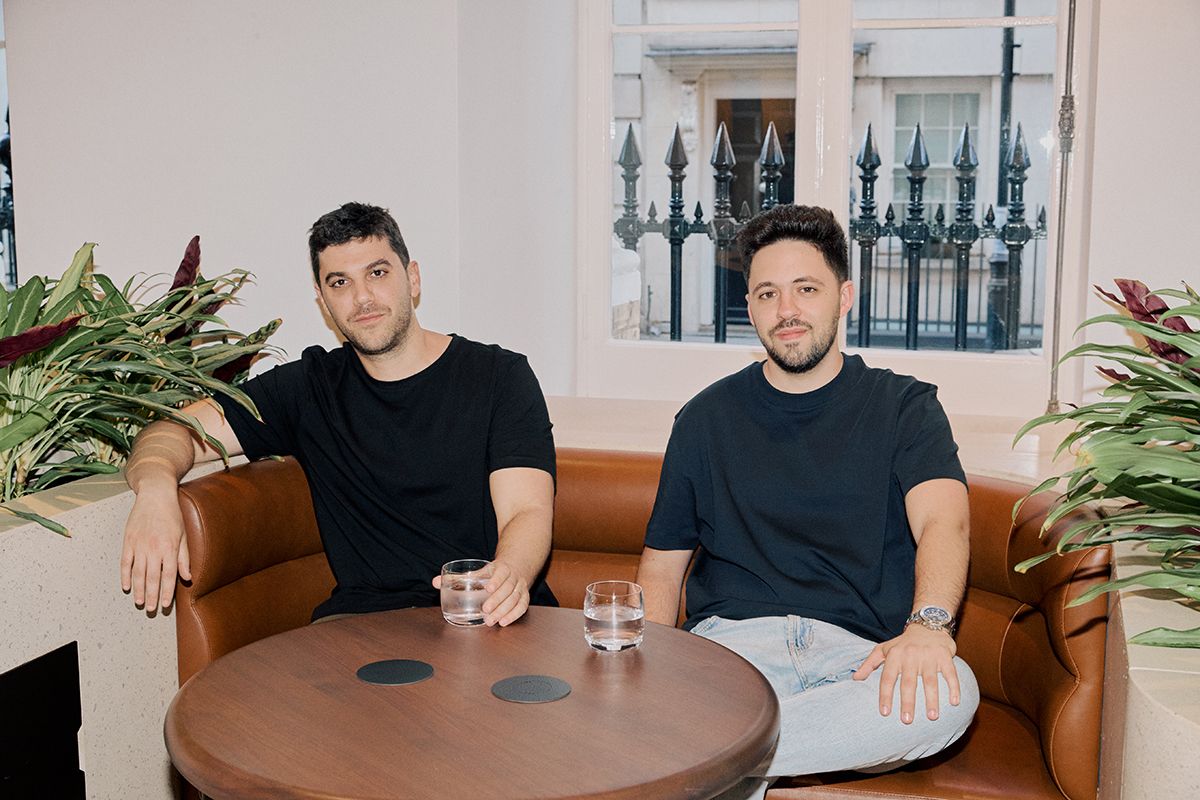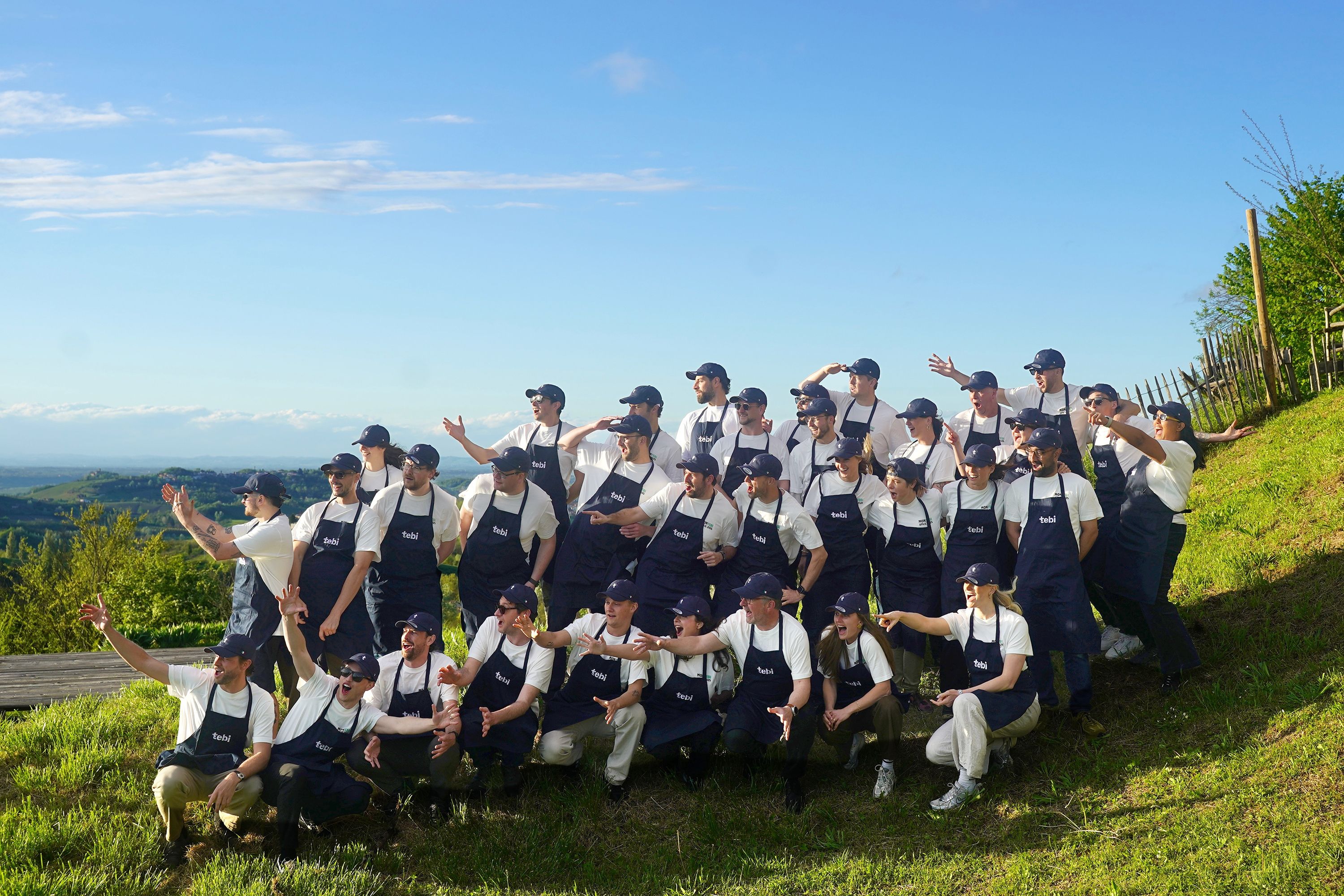To See Your Engineering Team Thrive, First Build Trust

How Confluent’s Senior Vice President of Engineering puts people first
Throughout his career in engineering and leadership Chad Verbowski found empathy to be the most effective tool. As he moved up the ladder—from Microsoft, to Google, and now full-scale data streaming platform Confluent—he learned to inhabit different perspectives in order to produce better, more effective solutions.
“That is what got me into leadership,” he says. “I started to ask questions and really developed empathy for whoever is trying to use the products, and whoever is making them.”
“Creativity is required to reframe problems to be able to solve them. It’s the part of software development I find most interesting.”
— Chad Verbowski, Senior Vice President of Engineering
For this reason, he seeks passionate team members who are interested in working collaboratively, who are creatively engaged, and who care about democratizing data by making it more accessible. “Creativity is required to reframe problems to be able to solve them,” he says. “It’s the part of software development I find most interesting.”
Now, at the helm of a fast-growing tech company, Verbowski is able to put his team-building skills to good use building a healthy, harmonious engineering team that thinks beyond their tasks to the end user’s experience. Here’s some of his advice for any leaders hoping to do the same.
Build trust
Verbowski describes his approach at Confluent as “One Team”—not a top down, or a bottom up, but a middle-out strategy that best enables everyone to rally around common goals. That kind of structure relies on a culture of trust to function. “Be vulnerable and clear,” he says. “It’s not a natural thing in leadership to be open, but it’s important.”
“It’s important that people are not filtering themselves when they want to question or challenge things. If you don’t think you’re working on the most important thing for the business, you shouldn’t do it. And if I can’t fix it, we’ll find something better for you to do.”
— Chad Verbowski, Senior Vice President of Engineering
But building a foundation of trust doesn’t mean creating a world without dissent—quite the opposite. “It’s important that people are not filtering themselves when they want to question or challenge things,” says Verbowski. “If you don’t think you’re working on the most important thing for the business, you shouldn’t do it. And if I can’t fix it, we’ll find something better for you to do.”
This method naturally leads Verbowski to bet on people, even if their ideas are off the beaten path. “Nine out of 10 times it will pay off because they’re motivated to make it happen,” he says. “The more you bet on people and give them opportunities, the more you build that trust—it doesn’t all have to pan out.”
This method of empowerment also creates teams that are confident to speak up in front of leadership, or without their guidance. “People need to be able to have tough conversations directly,” says Verbowski. “They need to be comfortable being honest and escalating to get others’ thoughts and opinions.” That’s why, when it comes to building safe, trusting working environments, Verbowski is of the ‘teach a person to fish’ school; he’ll ensure he’s present at the beginning of new projects asking the ‘elephant in the room’ questions and encouraging others to speak up, then phase himself out of the space when he knows everyone feels confident to move forward on their own.
A team built on trust isn’t just good for the people who work there—it’s good for business and avoiding bottlenecks. “It’s most important that the business scales,” says Verbowski. “That doesn’t happen if everything rolls to me.”
Seek diverse perspectives
Despite focusing on the engineering team in his role as SVP, Verbowski spends much of his time seeking the perspectives of other departments and stakeholders in order to create well-rounded products. “Everybody that’s VP and above should be spending a significant amount of their time focused outside their department,” he says. “Our role is to make those connections.”
Part of gathering information from all angles is about finding friction points and then beginning to find solutions—and understanding those friction points comes from context. Marketing knows how the product is perceived, CX understands the customer’s support needs. Alignment across departments leads to a better product and a better consumer experience.
“I think it’s important to put a name and a face on everything we build,” says Verbowski. “The more I can involve an engineer with a sales call or support case, the more they begin to better understand the customers.” And this is where the empathy starts to come in. “When teams don’t talk to each other, the customer suffers.”
Of course, diversity in the workforce is a proven tool for building strong, accountable teams. “I think you have to very deliberately try to recruit from different countries, industries, backgrounds in order to get a diversity of experience,” says Verbowski. “It won’t happen organically.”
“Ideas are seeds that come from different experiences. An ability to reframe will come from a healthy tension of different perspectives, debating, questioning. If that’s not the norm in your culture, you’ll get left out.”
— Chad Verbowski, Senior Vice President of Engineering
In his experience, a lack of diversity now will become apparent later and will slow you down and affect your ability to grow. “Ideas are seeds that come from different experiences,” says Verbowski. “An ability to reframe will come from a healthy tension of different perspectives, debating, questioning. If that’s not the norm in your culture, you’ll get left out.”

Empower your team
As a leader, Verbowski knows that giving engineers creative freedom makes for a happier team. “I focus on what we build and why, but less of the how,” he says. “How they get there is on their own. I would rather have them come up with a solution to the problem so they have a sense of true ownership over their work.”
“Someone might not feel connected because they were just assigned a task, but if they talked to a customer and bought into what they produced, that feeds to the passion and the pride.”
— Chad Verbowski, Senior Vice President of Engineering
And Verbowski has seen firsthand how those connections built between customers and engineers manifest directly in accountability. “Someone might not feel connected because they were just assigned a task, but if they talked to a customer and bought into what they produced, that feeds to the passion and the pride.”
Creating a holistic working environment where everyone can do their best, most productive work is an ethos that has served Verbowski well. “If everyone can be effective from their first day, the distance between your great idea and your ability to have an impact on the world is shortened,” he says.
Trying, day in and day out, to solve hard problems in a replicable, scalable way is challenging—but happy, productive teams are more engaged, more creative, and more accountable for their actions.
Published — June 29, 2022
-

-
